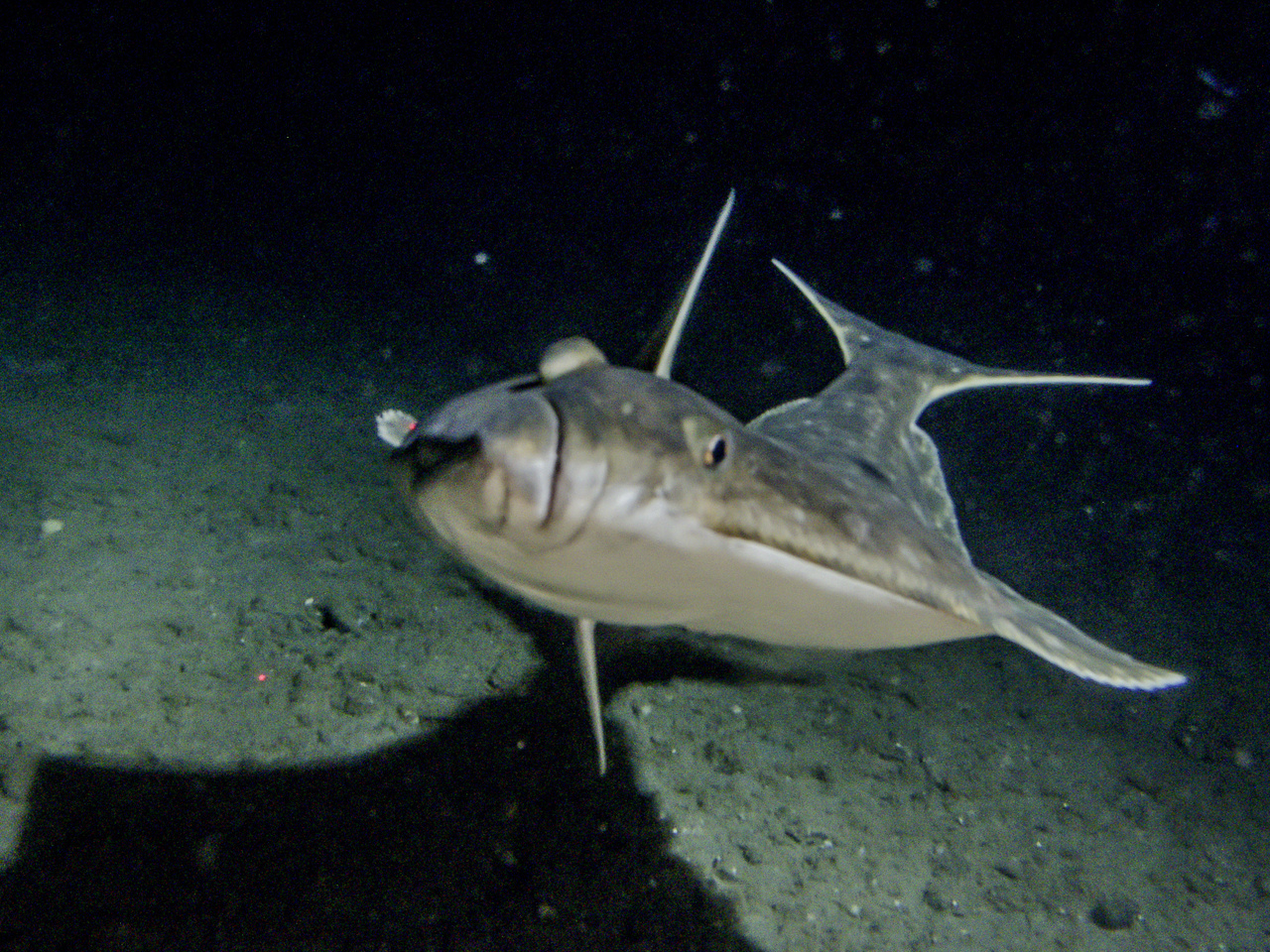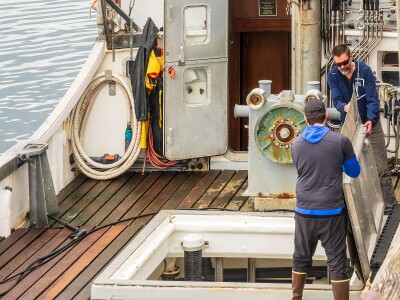Groundfish trawlers working the Gulf of Alaska received lower ex-vessel prices in 2020, and the pace of landings for flatfish had usurped last year’s as of July 1. The rockfish harvest, meanwhile, lagged behind last year’s during the same time period.
Better yet, the trawlers hadn’t hit limits for incidental catches of king salmon and halibut.
“It’s going good,” says Julie Bonney, executive director of the Alaska Groundfish Data Bank, in Kodiak. “We’re not having any issues at this point.”
The cap for the incidental take of king salmon in recent years has been set at 2,700 fish, and more recently a “performance buffer,” rewards lower salmon bycatch in the previous year.
For this year’s season, the incidental halibut cap had been set at 1,706 metric tons while the cap for incidental king salmon for non-pollock species had been set at 4,080 for vessels fishing in the non-rockfish program sector and 2,700 for vessels participating in the rockfish program sector.
As for target species, the Gulf of Alaska groundfish TAC for 2020 had been set at 276,878 metric excluding fisheries directed for the harvests of pollock and cod. That TAC includes deep- and shallow-water flatfish and myriad species of rockfish.
“We’re ahead of our harvest of flatfish from last year by about 2,000 metric tons,” says Bonney. “With rockfish, we’re behind. Right now, we’re at 50 percent complete, and this time (June 30) we were 70 percent complete.”
When it comes to ex-vessel prices, groundfish, like most other Alaska species, have been hit by the effects of covid-19. But the sector is suffering the additional whammy of stiff tariffs in trading agreements with China.
“I’m seeing ex-vessel prices go down across the board,” says Bonney. “I think it’s caused by the tariffs and the covid.”
Bonney adds that many of the boats take on salmon tendering contracts in late June and July then resume trawling for flatfish later in the year and for pollock during the C and D seasons, which begin in August.







